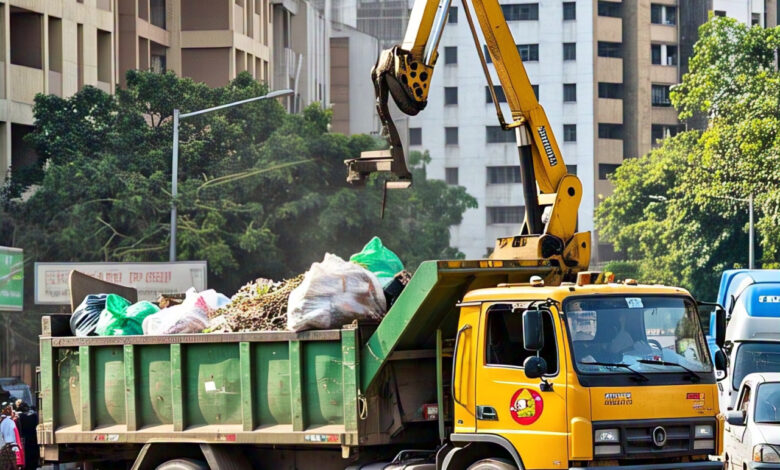Privatisation of Service Delivery: Enhancing Community Efficiency in Zimbabwe

In recent years, the government of Zimbabwe has instituted an ambitious plan for privatisation of service delivery to enhance efficiency, affordability, and accountability in communities. The administration is working proactively with private entities and notably, this strategy targets essential services such as potable water provision, effective refuse collection and innovative waste sorting. Consequently, citizens benefit from improved service quality while communities experience renewed economic vigour.
Outsourced Public Services: Improving Community Infrastructure
Undoubtedly, collaborating with private companies has accelerated progress in key infrastructure projects. For instance, urban areas can enjoy modern water treatment reservoirs and smart metering systems that guarantee safe, potable water.
Moreover, with added discipline in scheduling and logistics, waste collection can become more regular, and execution of sorting operations can be precise. In fact, these changes signify that the government’s decision to invest in privatisation of service delivery is yielding promising results.
Additionally, and importantly, organisations such as Geo-Pomona waste are already working to improve waste collection. The plan is to offer refuse collection throughout the city of Harare.
Service Delivery Privatisation: Economic Benefits for Zimbabwe’s Communities
Furthermore, the government’s commitment to privatisation of service delivery has led to strengthened public-private partnerships that enhance local economies. As a result, private companies provide not only expertise but also effective management systems, thereby reducing operational costs. Consequently, this model boosts accountability while ensuring that service delivery happens on time.
Moreover, the infusion of modern technology enables municipalities to track resource allocation more accurately and, hence, improve revenue collection. Additionally, such contractual arrangements drive competition and encourage innovation throughout sectors.
Private Service Delivery: Collaborating for Affordable Water and Waste Management
Additionally, practical examples from Harare demonstrate that privatisation of service delivery can transform daily life. An example is of the Geo-Pomona solid waste management. Meanwhile, the integrated approach not only minimises wastage but also optimises service accessibility.
Indeed, the government is committed to further evolving privatisation of service delivery. This is by continuously engaging with strategic partners and mobilising additional resources. Consequently, multiple stakeholders, including local enterprises and international investors, are joining forces to sustain these efforts.
Furthermore, with improved service transparency and innovative management models, Zimbabwe is setting a regional benchmark for outsourced public services and private service delivery.
Overall, privatisation of service delivery stands as a pivotal strategy for enhancing affordability and quality across Zimbabwe’s communities. The government’s proactive engagement with private entities exemplifies a forward-thinking approach that is simultaneously cost-effective and efficient.
In conclusion, with continued efforts, this type of service delivery will drive innovation, transform public utilities and ultimately improve the lives of citizens in urban and rural areas alike.





